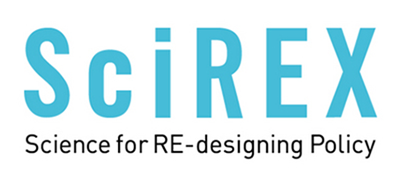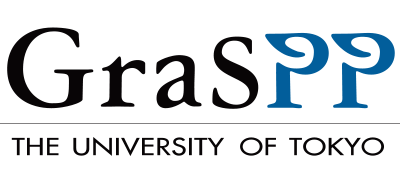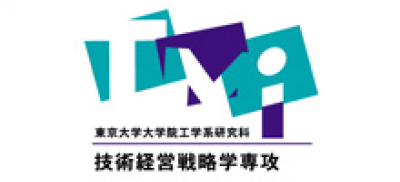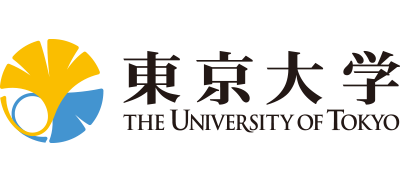Graduate School of Science, Physics Department Graduate of the master's program
I have always been interested in science communication. While considering how to learn more about science within society, I heard about the STIG Education Program.
Initially, I took only the required subject, Case Study (Science, Technology and Innovation Policy). In classes, as a group, we identified problems in society and formulated policies to resolve them. During discussion with students from other departments, it was refreshing to hear about our different backgrounds and about how we differ in our ways of thinking and communicating. I came to realize, no matter how keen I was on science, I was quite ignorant about society. My field of interest gradually broadened, and I came to appreciate the subtleties of the formation of science technology innovation policy and the process of building relevant evidence.
The STIG program offers an extremely wide range of subjects. I was particularly impressed by “Negotiation and Agreement,” “Intellectual Asset Management,” and “Case Study (Scenario Planning as a Means of Investigating the Policy Environment: Theory and Practice).” What these three subjects have in common is that students are able to learn theory, put it into practice with fellow students, and receive feedback from teaching staff. I often felt as if I was awakened to the truth, and my viewpoint was significantly broadened.
The STIG program provides various opportunities in addition to classes. It is possible to hear speakers engaged in policy in Japan and overseas, to participate with other graduate students in the SciRex policy-drafting summer camp, and there is an option to engage in science and technology policy research as a research assistant.
The STIG program has allowed me to obtain a wealth of valuable experience and personal connections, for which I am very grateful. It could also make your time at graduate school more fulfilling.



